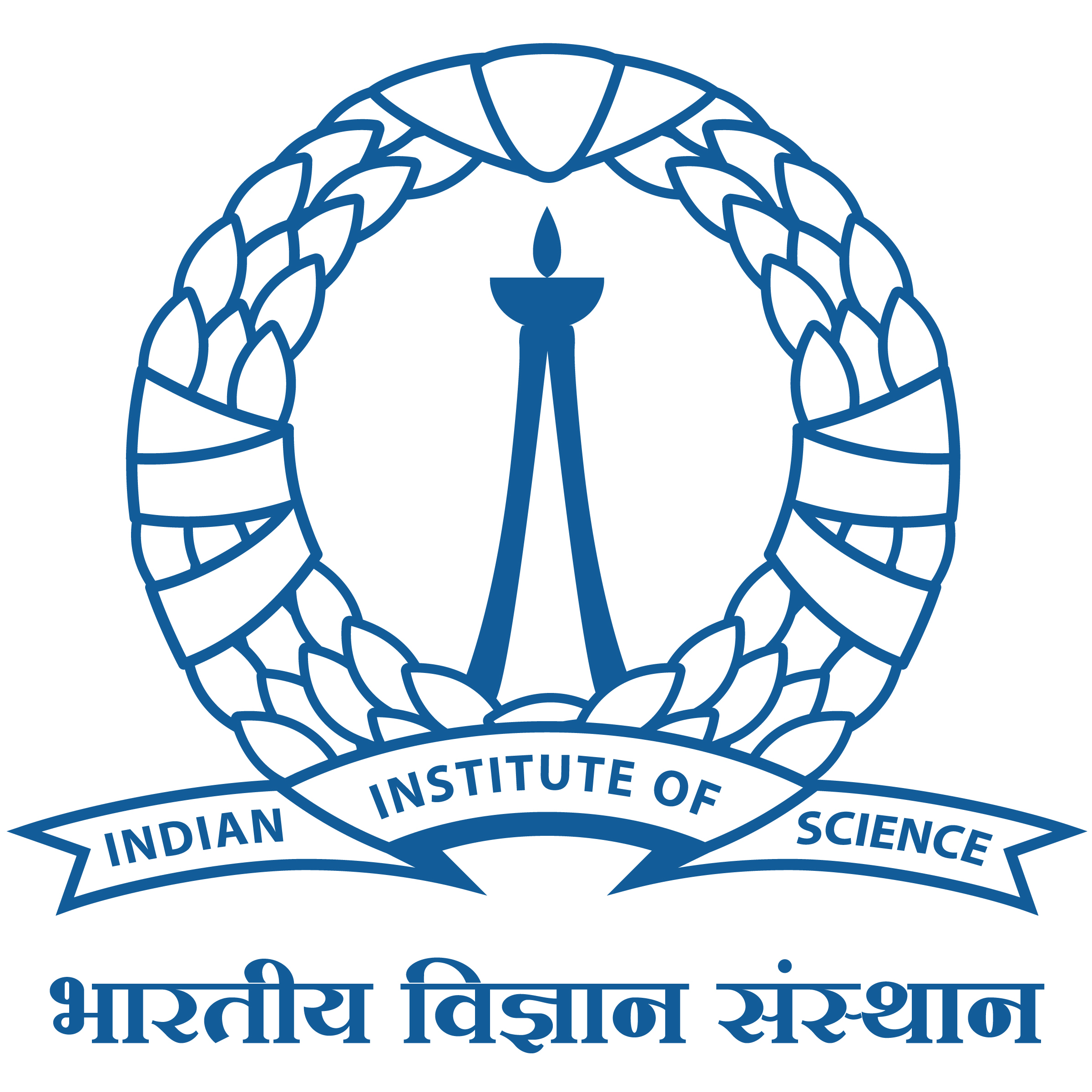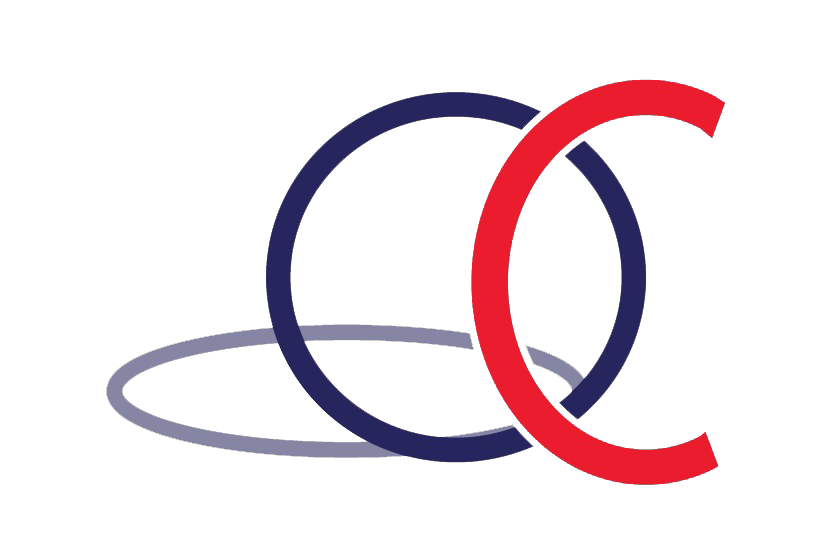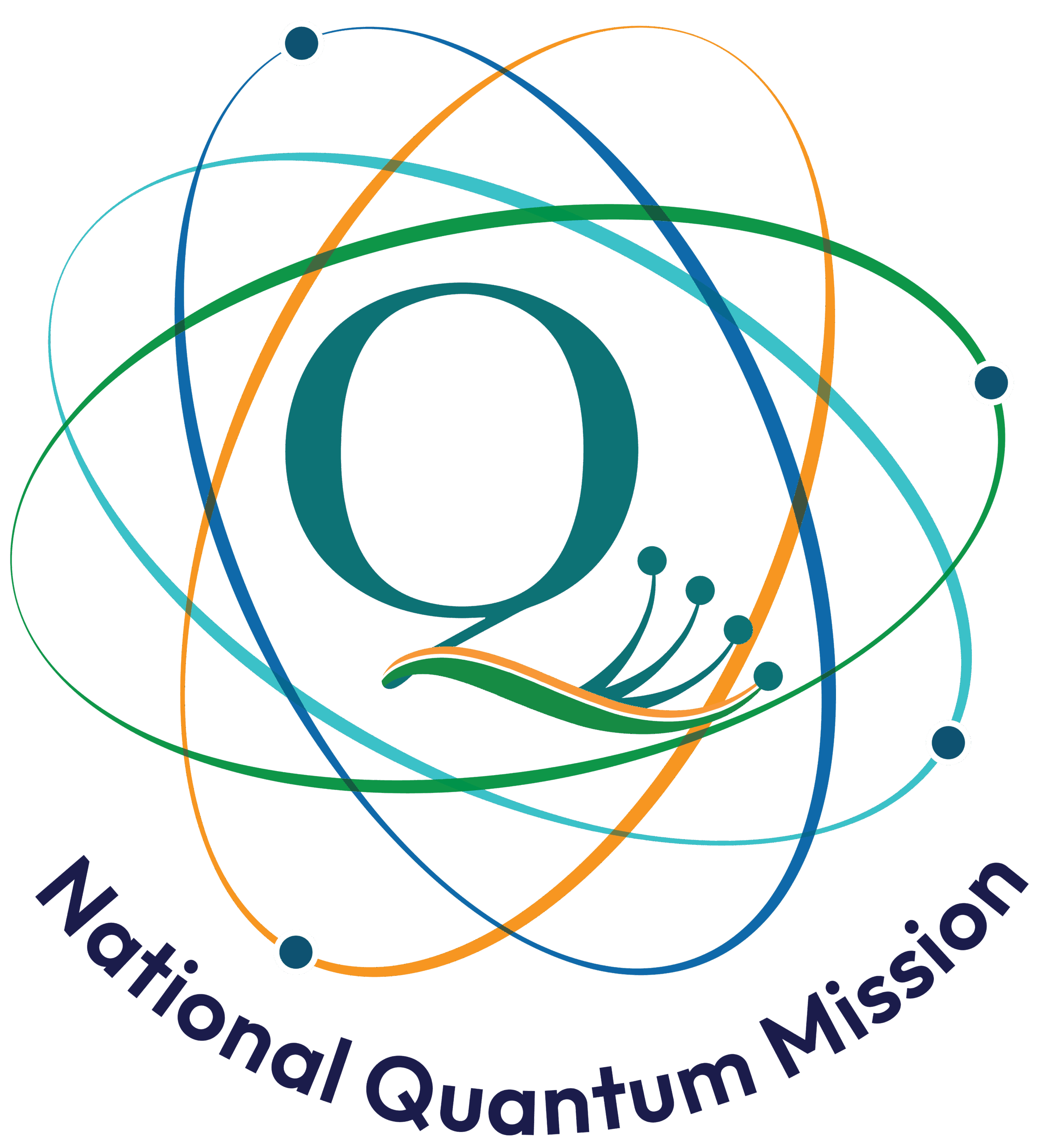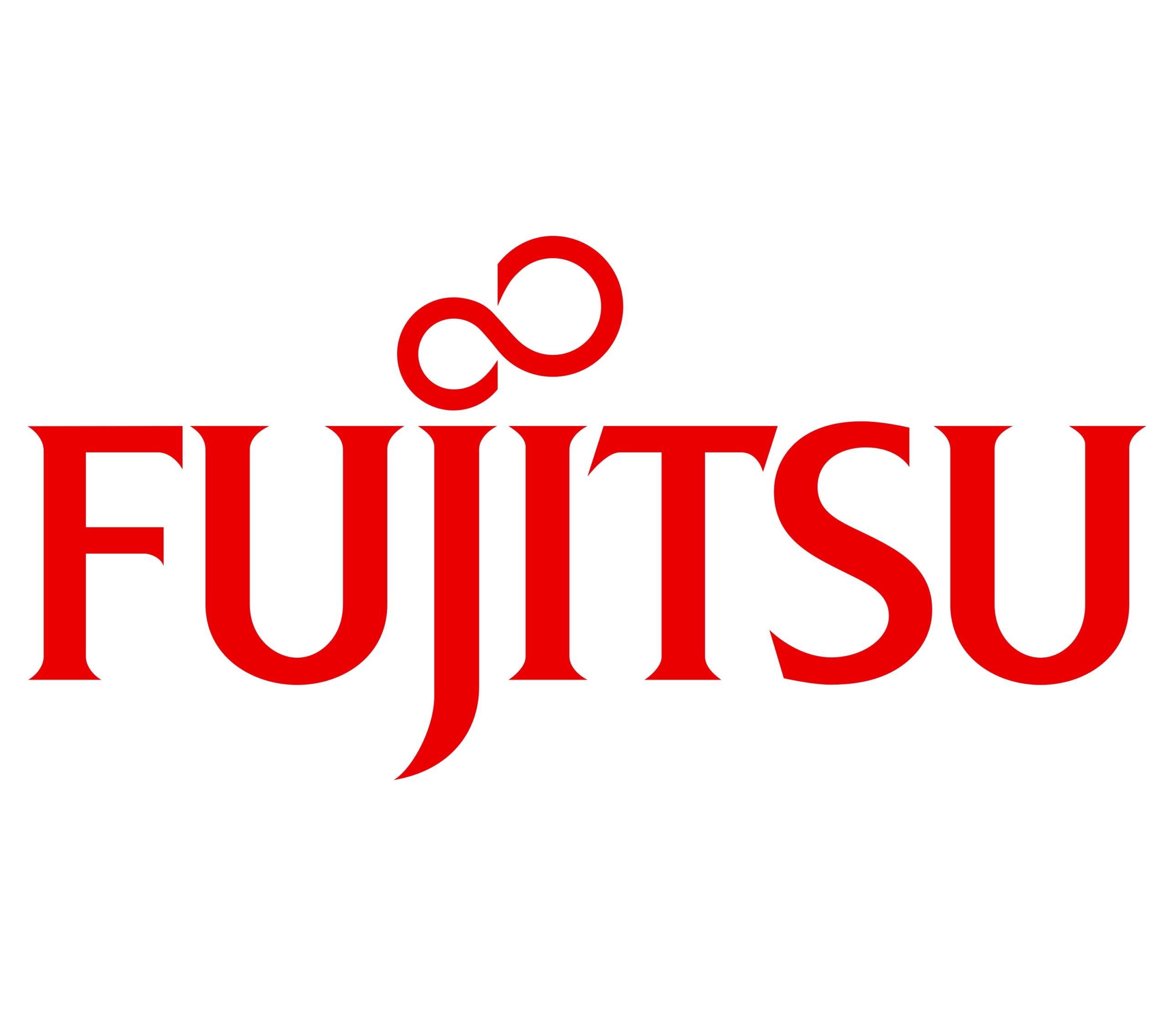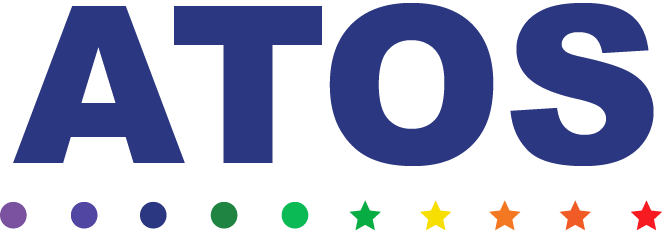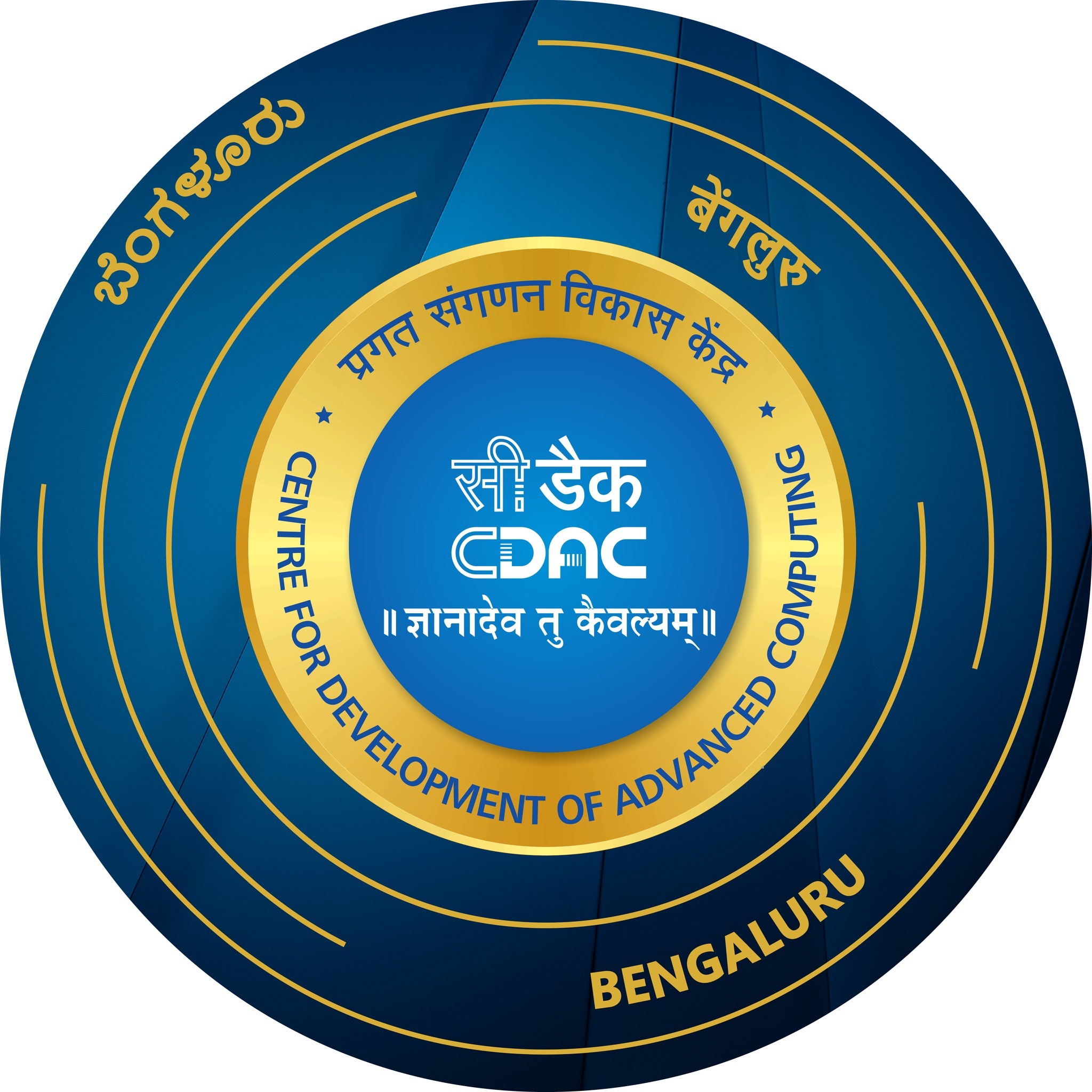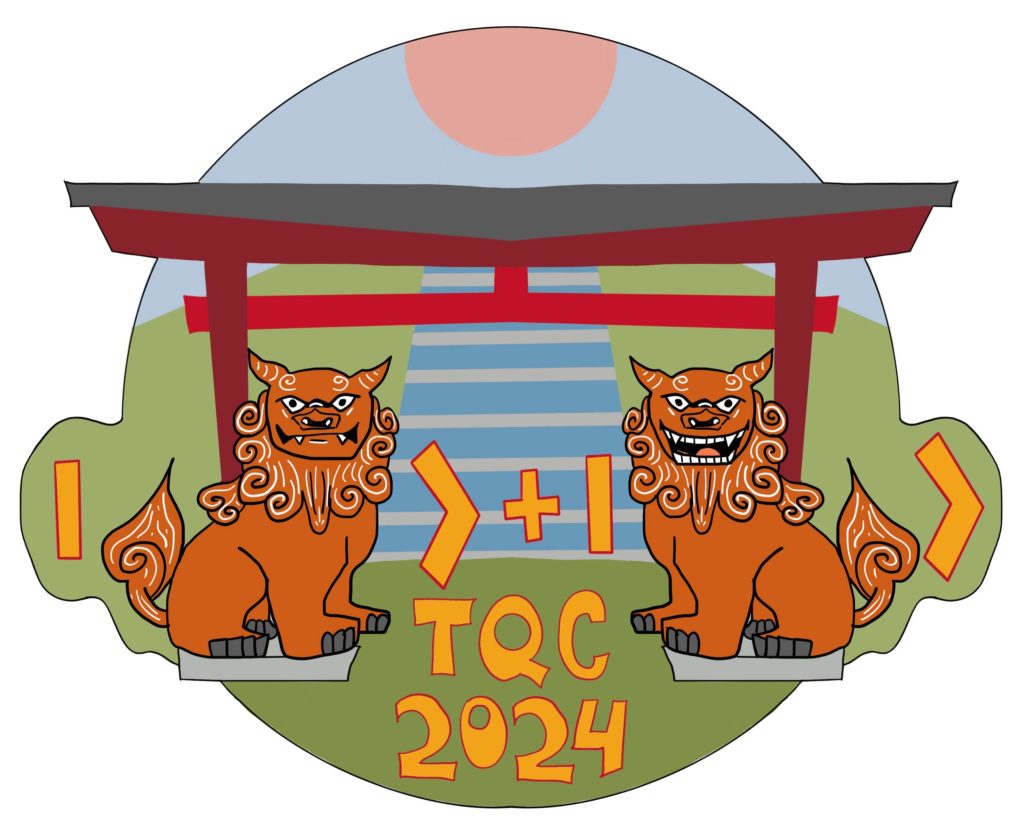
TQC 2024: 9-13 September 2024 in Okinawa, Japan
The Theory of Quantum Computation, Communication and Cryptography (TQC) is a leading annual international conference for students and researchers working in the theoretical aspects of quantum information science. The scientific objective is to bring together the theoretical quantum information science community to present and discuss the latest advances in the field.
The 19th TQC was hosted by OIST in Okinawa, Japan, in September 2024. It was a hybrid event, with focus on in-person participation. Talks were streamed live.
Watch the livestreams on YouTube
The lists of 92 accepted talks and 429 accepted posters are now available.
Invited speakers
Potential and Limitations of Near-Term Quantum Computing
Quantum computers promise the efficient solution of some highly structured computational problems that are classically intractable. While for many years they have been primarily objects of theoretical study, only recently have efforts to build intermediate-scale quantum computers taken off. This creates an interesting state of affairs, but at the same time, it begs the question of what such devices are, practically speaking, good for. In this talk, we will present some encouraging as well as—emphasizing the latter—discouraging insights into near-term quantum computing. We will discuss rigorous quantum advantages in paradigmatic problems [1,2] and explore the use of quantum computers in machine learning [3,4] and optimization [5]. The second part of the talk will focus on the significant limitations that arise. We will emphasize identifying limitations to quantum error mitigation for shallow quantum circuits in the worst case [6]. Interestingly, it may depend on the nuances of non-unital quantum noise to what extent quantum computing without error correction may be feasible [7]. We will also provide efficient classical algorithms for instances of quantum algorithms, hence "de-quantizing" them [7-9]. The talk will conclude with the note that quantum simulation remains, to date, one of the most promising applications of near-term quantum devices [10,11].
[1] Rev. Mod. Phys. 95, 035001 (2023).
[2] arXiv:2307.14424, Nature Comm. (2024).
[3] Nature Comm. 15, 434 (2024).
[4] Nature Comm. 15, 2277 (2024).
[5] Science Adv. 10, eadj5170 (2024).
[6] arXiv:2210.11505, Nature Phys. (2024).
[7] arXiv:2403.13927 (2024).
[8] arXiv:2309.11647 (2023).
[9] Phys. Rev. Lett. 131, 100803 (2023).
[10] Nature Comm. 14, 3895 (2023).
[11] arXiv:2108.08319, Nature Comm. (2024).
Forward and Backward Mappings for Quantum Graphical Models
Graphical models offer a unifying framework for various statistical learning algorithms and models. Central to these models are the forward and backward mapping problems, which have been studied through both exact and approximate algorithms. This talk explores these mapping problems within the context of quantum graphical models, where quantum states generalize classical probability distributions.
The forward mapping problem involves deriving mean parameters from model parameters and is closely linked to approximating the partition function---a typically challenging task often requiring heuristics and approximations. We'll discuss quantum belief propagation, which has shown success in one-dimensional systems, as well as variational methods such as Markov entropy decomposition that tackle the problem from an optimization perspective.
The task of the backward mapping problem aims to compute model parameters from mean parameters. It is related to the Hamiltonian learning problem, a topic of growing interest in quantum information science lately. We'll review some existing algorithms and introduce the quantum iterative scaling (QIS) algorithm that reduces the backward mapping problem to a series of forward mapping problems. We'll present a convergence proof for QIS and demonstrate its advantages over gradient descent methods. Furthermore, we'll explore how quasi-Newton methods can enhance QIS and gradient descent algorithms, showcasing significant efficiency improvements.
Understanding Cryptographic Hardness in a Quantum World
A flurry of exciting, recent work has shown that the mathematical hardness required to realize cryptosystems such as bit commitments and secure computation in a quantum world can be significantly weaker than the hardness required for classical cryptography. This talk will discuss recent progress and some remaining challenges in understanding the assumptions that enable cryptography in a quantum world.
Quantum cryptography without one-way functions
The existence of one-way functions is the minimum assumption in classical cryptography. On the other hand, in quantum cryptography where quantum computing and quantum communications are possible, recent studies have demonstrated that the existence of one-way functions is not necessarily the minimum assumption.
Several new fundamental primitives have been introduced, such as pseudorandom unitaries, pseudorandom states, one-way state generators, EFI pairs, and one-way puzzles. They seem to be weaker than one-way functions, but still imply many useful applications, such as secret-key encryption, message authentication codes, digital signatures, private-key quantum money, commitments, and multiparty computations, etc. In this talk, I explain the basics of this “quantum cryptography without one-way functions” and give many open problems that I want to know the answers to.
Sponsors and organization of TQC 2023
Platinum sponsors
The Quantum Computing team at JPMorganChase's Global Technology Applied Research Center is at the forefront of advancing both the theoretical and practical aspects of quantum and quantum-inspired algorithms. They are currently seeking talented individuals for summer internships, as well as full-time positions for research scientists and software engineers at all experience levels. Join the firm in pushing the boundaries of quantum computing technology. Apply for open positions here.
Gold sponsors
We are hiring! Check out quantum career opportunities at Google.
Horizon Quantum Computing is developing a new generation of programming tools to simplify and expedite the process of developing software for quantum computers. By removing the need for prior quantum computing experience to develop applications for quantum hardware, Horizon’s tools are making the power of quantum computing accessible to every software developer.
We are hiring! Check out quantum career opportunities at Horizon: https://www.horizonquantum.com/careers
Silver Sponsors
Quantinuum's mission is to accelerate quantum computing and use its power to positively transform the world. By applying the laws of quantum physics to computing, we will achieve unprecedented breakthroughs in drug discovery, healthcare, materials science, cybersecurity, energy transformation, and climate change.
People and Committees of TQC 2024
Steering Committee of TQC 2024
- Andris Ambainis, University of Latvia
- Eric Chitambar, University of Illinois at Urbana-Champaign
- Kai-Min Chung, Academia Sinica
- Steve Flammia, AWS Center for Quantum Computing
- François Le Gall, Nagoya University [co-chair]
- Min-Hsiu Hsieh, Hon Hai (Foxconn) [chair]
- Kae Nemoto, OIST
- Lídia del Rio, Squids and University of Zurich
Programme Committee of TQC 2024
- Frédéric Mangiez, CNRS [chair]
- Alex Bredariol Grilo, CNRS [co-chair]
- Srinivasan Arunachalam, IBM
- Alexander Belovs, University of Latvia
- Mario Berta, RWTH Aachen University
- Xavier Bonnetain, Inria Nancy
- Jop Briet, CWI
- Marco Cerezo, LANL
- Nai-Hui Chia, Rice University
- Nicolas Delfosse, IonQ
- Ernesto Galvão, INL
- Uma Girish, Princeton
- Tom Gur, University of Cambridge
- Yassine Hamoudi, CNRS Bordeaux
- Dominik Hangleiter, QuICS (UMD & NIST)
- Chris Heunen, University of Edinburgh
- Christoph Hirche, TU Munich and CQT NUS
- Nick Hunter-Jones, UT Austin
- John Kallaugher, Sandia National Laboratories
- Shelby Kimmel, Middlebury College
- Robert Koenig, TU Munich
- Felix Leditzky, UIUC
- Tongyang Li , Peking University
- Jiahui Liu, MIT
- Alex May, Perimeter Institute and University of Waterloo
- Mio Murao, University of Tokyo
- Ion Nechita, CNRS, Toulouse
- Harumichi Nishimura, Nagoya University
- Tom O’Brien, Google Quantum AI
- Subhasree Patro, Utrecht University and QuSoft
- Supartha Podder, Stony Brook University
- Alexander Poremba, MIT
- Luowen Qian, Boston University
- Patrick Rebentrost, CQT
- Norbert Schuch, University of Vienna
- Thomas Schuster, Caltech
- Makrand Sinha, UIUC
- Fang Song, Portland State University
- David Sutter, IBM Zurich
- Mario Szegedy, Rutgers University
- Marcelo Terra Cunha, Unicamp
- Dave Touchette, Sherbrooke University
- Dominic Verdon, University of Bristol
- Nathan Wiebe, University of Toronto
- Dominic Williamson, University of Sydney
- Penghui Yao, Nanjing University
- Ted Yoder, IBM
Organising Committee of TQC 2024
Local organizers in Okinawa:
- David Elkouss Coronas, OIST
- Kae Nemoto, OIST
- Slawomir Rosiek, OIST
- Yukari Yoseda, OIST
International organizers:
- Lídia del Rio, Squids and University of Zurich
- Nuriya Nurgalieva, Squids and University of Zurich
Search accepted talks and posters for TQC 2024
The full lists of accepted talks and accepted posters are now published!
Arbitrary Polynomial Separations in Trainable Quantum Machine Learning Poster
2024.
Clustering theorem in 1D long-range interacting systems at arbitrary temperatures Poster
2024.
Entanglement sharing across a damping-dephasing channel Poster
2024.
Fast quantum interconnects via constant-rate entanglement distillation Poster
2024.
Information causality as a tool for bounding the set of quantum correlations Poster
2024.
Nonlocality under computational assumptions Poster
2024.
On the computational complexity of equilibrating quantum systems Poster
2024.
Predicting Ground State Properties: Constant Sample Complexity and Deep Learning Algorithms Poster
2024.
Quantum algorithms for many-body spectroscopy using dynamics and classical shadows Poster
2024.
Quantum One-Wayness of the Single-Round Sponge with Invertible Permutations Poster
2024.
Quantum Polynomial Hierarchies: Collapses, Karp-Lipton, and More Poster
2024.
Quantum Unpredictability Poster
2024.
Shaded lightcones for classically accelerated quantum error mitigation Poster
2024.
Stability of classical shadows under gate-dependent noise Poster
2024.
Tangling schedules eases hardware connectivity requirements for quantum error correction Poster
2024.
The multimode conditional quantum Entropy Power Inequality and the squashed entanglement of the extreme multimode bosonic Gaussian channels Poster
2024.
Time discretization of near-adiabatic quantum dynamics with a large time step size Poster
2024.
Transition of Anticoncentration in Gaussian Boson Sampling Poster
2024.
Unified frameworks for uniform continuity of entropic quantities Poster
2024.



